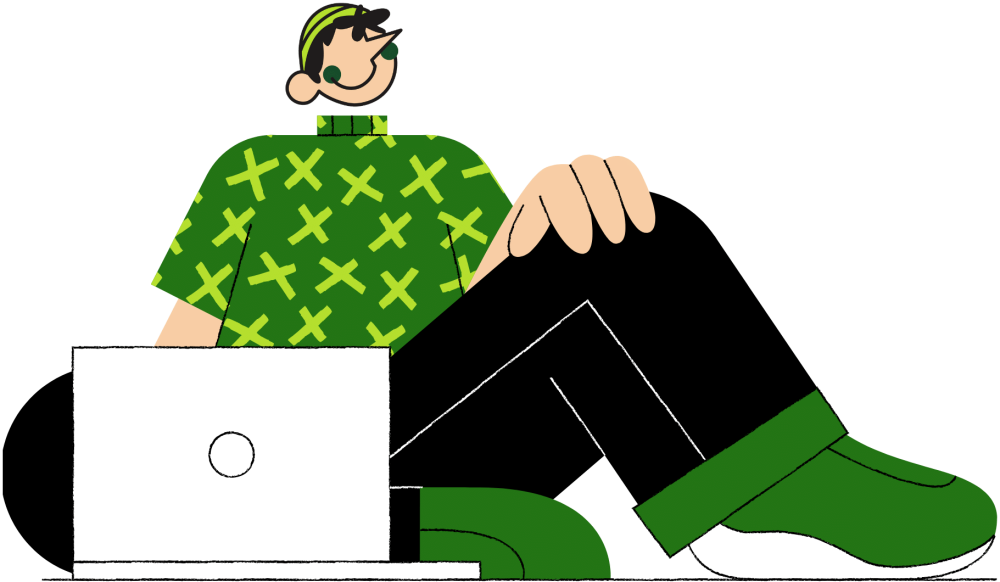As the non-targets of the system of racism, white people have a unique and necessary role in bringing about its end. But more often than not, we place the em-PHAS-es on the wrong syl-LAB-le. If you are ready to consider what it might really take to make a difference, then come on…we’ve got work to do!
Before I begin, I want to acknowledge the Cowlitz, Columbia, Grand Ronde, and Siletz as the stewards of the area where I live and thank them for their leadership. I also want to acknowledge the people who have cultivated me. I would not be here without my family – by birth and by love – and the wisdom and leadership of Jomo Greenidge, who transitioned to ancestor in December 2020, as well as countless people who have challenged, strengthened, guided, invited, and loved me to a more whole version of myself. I honor you all.
Most white people join liberation spaces because we want to develop the skills of alliance-building with the targets of racism. We think that if we learn to perform well enough, someone will give us a trophy that we can proudly display to prove how not racist we are.
At the same time, we’ve lost countless relationships with white people. Chances are, we feel both righteous and lonely.
Sound familiar?
It does for me. I wasted years on a performance stage seeking the approval of people targeted by racism.
Along with every bit of affirmation I received, my ego puffed up, and my growth slowed.
At one point, I looked around and realized my stage was a soap box, and no one I was talking to was even in the audience anymore.
At the same time, white people don’t really like getting together with each other to talk about racism. No matter whether we join a white community of practice on our own or the choice is made by someone we work for, the white objections start flying. Here are some common ones:
- I’m not white; I’m _____.
- Who will be there? Will they annoy me?
- What an outrage! This is segregation!
- I’d feel more comfortable in a different group.
- White people can’t teach me about racism, I need to learn from _____.
- I don’t want to spend time with white people because _____.
- When will we all be together again to do the real work?
Sound familiar?
It does for me. I wasted years running from white people and learning to be a chameleon within communities I’m not from.
Every time they said, “You get it,” or “You’re one of us,” my ego puffed, and my growth slowed.
At one point, I realized how incredibly lonely I was, and I admitted for the first time that I wasn’t helping anything by fleeing from my people.
Ego puffed + growth slowed ≠ liberation. In fact those two factors have, time and time again, helped me spot what’s ineffective.
I wasn’t able to notice the rigid, reflexive patterns I was running over and over because I hadn’t begun to face what was propelling them.
What am I avoiding by performing?
What’s underneath the impulse to get away from my people?
The first question has energized my personal commitment; the second, my communal commitment.
Without personal and communal commitments, white people fruitlessly misinterpret our role in collective movements for racial liberation.
Ruth King says:
In a racial affinity group, we put ourselves in intentional spaces with people of our same race, where we can be vulnerable, challenged, and unedited; to examine the stories we have been told and the stories we tell ourselves; to lean toward what is unfamiliar and away from what is habitual; and to understand what is difficult to acknowledge, feel, and attend to within us and among us as a racial group.
Personal and communal.
Deep enough and lasting enough to figure out what it is about us that keeps racism alive – because avoiding myself or white people makes alliance-building a charade.
After all these years, it’s still a tough sell. White people are still performing and fleeing. But little by little, we are capturing the hearts of people who are beginning to wonder along with us if it’s possible that racism could end when white people gather and stay put with each other long enough to do it.
If this is a new concept for you, will you do me a favor? Will you keep considering it?
I don’t have enough evidence to say, with any certainty, that this is how we will end racism – but experience tells me that the alternative doesn’t work.
Once you’re committed, then it’s time to find one of a million ways to contribute.
There’s great wisdom in the Social Change Ecosystem Map, which reminds me of one of the principals from Essentialism by Greg McKeown:
“I can do anything, but not everything.”
Growing up around farmers, I also think in terms of the many steps it takes to end up with a bountiful crop. For every harvest, there’s someone to:
- Clear the field
- Plow the ground
- Plant seeds
- Tend and nurture growth
- Notice and respond to the unexpected
- Bring in the harvest
- Amend the ground for next season
This metaphor helps me remember that different contributions can find themselves at odds with one another unless we strengthen our relationships. We must encourage those who plow the ground or plant seeds with stories of the fruit that comes because of their efforts, but which they rarely witness themselves. And let’s remind those who gather the harvest to be less critical of those who’ve spent months or years tending the growth that yielded the crop they pull in.
Each of us has a unique contribution.
I am not you, and you are not me.
But every one of us has a role.
Embrace it.
no one gets here alone, and I am no different
The brilliant beings who have contributed to these ideas are Jomo Greenidge; Eola Hills; Covington and Tribbett family; farmers of Mt. Emily Road; white people who’ve come - even kicking and screaming; Jeff Duncan-Andrade; Ruth King; Deepa Iyer; Debby Irving in Waking up White; Daniel Hill in White Awake; Zapoura Newton-Calvert with Reading is Resistance; David Dean; Lynn Burnett; Greg McKeown; and countless more.


